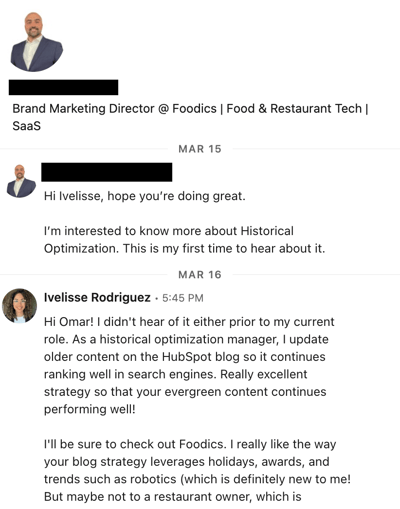Understanding the difference between “whom you know” and “who you know” may seem confusing, but it’s important for effective communication and writing. Whether you are a native English speaker or learning English as a second language, mastering the distinction between these two phrases is crucial. Let’s dive into the details and explore how to use them correctly in different contexts.
Who vs. Whom
First, let’s clarify the difference between “who” and “whom.” “Who” is a subject pronoun, while “whom” is an object pronoun. In simpler terms, “who” is used as the subject of a sentence, whereas “whom” is used as the object.
For example:
| Who | Whom |
|---|---|
| Who is coming to the party? | To whom should I address the invitation? |
In the first sentence, “who” is the subject of the sentence, while in the second sentence, “whom” is the object of the preposition “to.”

Credit: hbr.org
Understanding “Whom You Know”
“Whom you know” is a phrase that is used to refer to specific individuals whom you are acquainted with. It is often used in formal or professional contexts when discussing connections or relationships.
For instance, if you are applying for a job and mention “whom you know” in the company, you are referring to the specific people within the organization whom you have a connection or relationship with. This phrase emphasizes the importance of personal connections and networking in various spheres of life.

Credit: blog.hubspot.com
Exploring “Who You Know”
On the other hand, “who you know” focuses on the act of knowing or being acquainted with individuals without emphasizing their specific identity. It is a broader expression that highlights the general concept of having connections or relationships with people in a particular context.
For example, if someone asks, “Do you know anyone who can help with event planning?” and you respond, “Yes, I know someone who can assist,” you are using “who you know” to convey that you are familiar with someone who has the expertise to help with event planning.
Using the Phrases in Context
When deciding whether to use “whom you know” or “who you know” in your writing or conversations, it’s important to consider the specific context and the level of formality. In formal or professional settings, using “whom you know” can convey a sense of precision and individual connections.
On the other hand, in more casual or general contexts, “who you know” can be used to refer to a broader network of acquaintances without emphasizing specific individuals. Understanding the nuances of these phrases can enhance your communication skills and help you convey your message more effectively.
Frequently Asked Questions On Whom You Know Or Who You Know : Networking Secrets Uncovered
What Is The Importance Of Knowing The Right People?
Knowing the right people can open doors to new opportunities and help you advance in your personal and professional life.
How Can Having A Strong Network Benefit You?
A strong network can provide support, advice, and connections that can lead to job opportunities, partnerships, and personal growth.
Is It Better To Focus On Building A Wide Or Deep Network?
Building a deep network with strong relationships and connections is more valuable than having a large network with superficial connections.
How Can You Expand Your Network Effectively?
Engage in networking events, join professional organizations, and utilize online platforms to connect with like-minded individuals.
Conclusion
Ultimately, knowing when to use “whom you know” and “who you know” is a valuable skill in mastering the English language. By understanding the grammatical distinctions and the appropriate contexts for each phrase, you can improve your writing and communication skills. Whether you are networking, seeking employment opportunities, or simply engaging in everyday conversations, being mindful of these distinctions can make a difference in how you connect with others.
Remember, “whom you know” emphasizes specific individuals, while “who you know” refers to broader connections. Mastering these concepts will undoubtedly enrich your language proficiency and enhance your ability to express yourself with clarity and precision.

